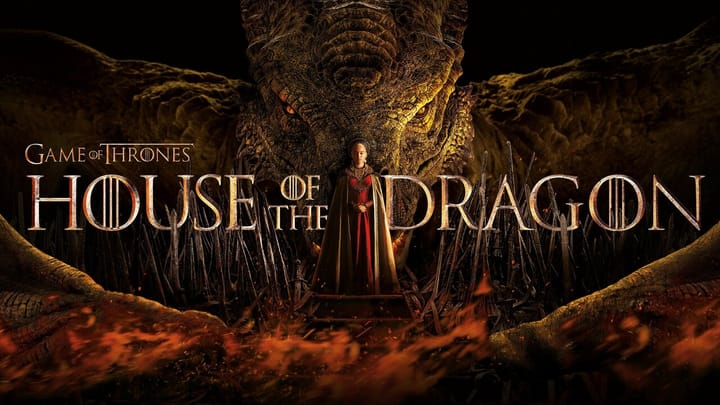Money: Master the Game by Tony Robbins Summary
7 simple steps to financial freedom.

“Contrary to popular wisdom, knowledge is not power—it’s potential power. Knowledge is not mastery. Execution is mastery. Execution will trump knowledge every day of the week.” - Tony Robbins
“Risk comes from not knowing what you’re doing.”—Warren Buffett
Never get mutual funds. Index funds perform better and have lower fees.
Investor Cathie Wood has popularized the idea that index funds are “value traps”—investment vehicles that seem safe and perform well (based on historical evidence) but are actually risky and likely to perform poorly in the future. Now, we can be analytical and say, “of course she would say that, she sells ETFs, a direct competitor to index funds…”
But we believe Jack Bogle (a seller of index funds) when he says index funds are better than mutual funds:
“Surprise, the returns reported by mutual funds aren’t actually earned by investors.”—Jack Bogle, founder of Vanguard
Cathie’s logic is sound. The indexes hold traditional stocks that will be disrupted.
Don’t just blindly follow her and buy her ETFs, but take the advice into consideration. Disruption investors who invested in Apple, Amazon, and Tesla outperformed virtually everyone over the last decade. If you want good returns, Cathie’s lens is good. That doesn’t necessarily mean it will work forever or that it’s the only way, but it means we should take it into account.
Financial advisors:
You can do what you think is best for your situation, of course, but the philosophy of this book is no financial advisors.
Financial advisors want to minimize their chances of being sued and will therefore only recommend investments that have low risk (and low or negative returns).
Retirement accounts:
Taxes on 401Ks will kill you. Roth IRAs are better. The government wants your tax money and the amount they need to pay their debt will only increase—use a Roth ira to pay taxes now, so you don’t have to pay taxes when you withdraw (retire).
Annuities:
- Variable-rate annuities are terrible.
- Some annuities are good. They can be used as an extra Roth IRA for when you max your Roth because you don’t pay taxes on it.
- Fixed Indexed Annuities can be good. But look out for charges, fees, etc.
Section 1 & 2
- Nobody beats the market except a few unicorns.
- Mutual funds are bad. Index funds are good.
- Financial advisors can’t be trusted.
- Get a good 401k or Roth IRA.
- Target date funds are bad.
- Variable annuities are bad but some fixed annuities can be good (they give you a guaranteed lifetime income stream).
- Good fixed annuities are difficult to find.
- We can achieve wealth without huge risk.
Section 3
- Determine how much you need to retire.
- Save more.
- Earn more.
- Reduce fees and taxes.
- Get better returns.
- Change your lifestyle (become comfortable spending less).
Section 4
- Asset allocation is everything! So you want to diversify between your Security Bucket and your Risk/Growth Bucket. You want to diversify across asset classes, markets, and time.
- You don’t want to hesitate to get in the market trying to have perfect timing; instead, use dollar-cost averaging and know that volatility can be your friend, providing opportunities to buy investments cheaply when the market is down. This technique will increase your portfolio’s value when the markets come back up.
- Have a Dream Bucket that gives you emotional juice and excitement so you can experience the benefits of your investing prowess in the short term and midterm instead of just someday far in the future.
- Use rebalancing and tax harvesting to maximize your returns and minimize losses.
Section 5
- Ray Dalio story—Question the popular assumptions, question your assumptions, study everything, study financial history.
- Ray Dalio’s all-weather strategy: how to make money while minimizing downside risk.
- Dalio is a fan of Tony and listens/reads his work. The best of the best use motivation.
- There’s a season for everything that has value. Real estate and stocks fall in and out of favor (drop and appreciate in value) at different times. But everything that has value will boom sooner or later. That’s why you want your money in areas that could have a boom.
Section 6
Covers investing strategies of various investors.
Section 7
- Summary of Peter Diamandis’s Abundance.
- Great overview of the importance of health, relationships, and wealth.
- Explains why you should be grateful.



Comments ()